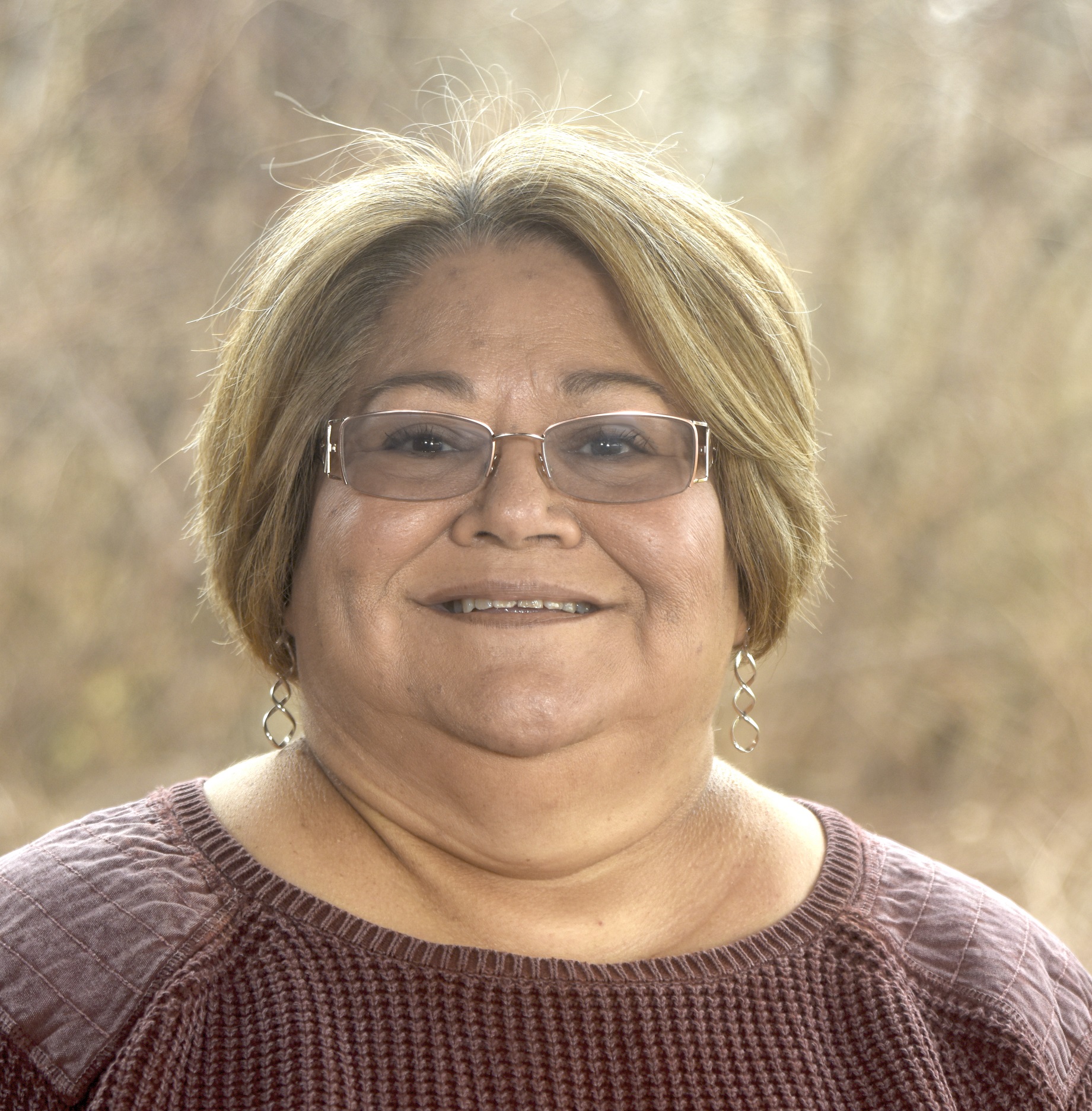Iris de León-Hartshorn is associate director of Operations for Mennonite Church USA. This two part series is based on a sermon Iris gave at Portland (Oregon) Mennonite Church on MLK weekend.
Part One
When I was asked to preach this morning, my first inclination was to say no. When Martin Luther King Jr. weekend comes around, I usually get asked to preach. I fear that people of color are often asked to preach on this weekend in particular, because the topic of racism is difficult for some white people — they believe it’s too risky. And I completely agree; it is risky. The topic of racism is filled with pitfalls — the wrong word, an inappropriate example or offensive story could be hurtful. Racism is complicated with a history and current reality fraught with unpleasant experiences for many people. Even though all of that is true, there is another dimension to this holiday, as we honor the legacy of Dr. Martin Luther King Jr., we must also remember a man that tried to live a life following Jesus.
Back in 1999, I was at a retreat at Pendle Hill outside of Philly, and I got the opportunity to meet Vincent Harding. My friend James Logan arranged the meeting. I knew very little about Harding other than he was once a Mennonite pastor, a Mennonite Voluntary Service worker in Atlanta, and he became a very good friend of Dr. King. Harding wrote the “Beyond Vietnam” speech that King gave at the Riverside Church in New York in 1967. I remember sitting next to Harding and talking about the anti-racism work that MCC was doing at the time. He seemed intrigued but skeptical. He asked me what I thought Martin was trying to do while he was alive. I remember saying things around civil rights, the poor people’s campaign and equality, especially for African Americans. He politely listened, and then in his quiet voice, he said Martin’s main purpose was one thing, redeeming the soul of America.
He said that nothing would substantially change unless America could address the white supremacy this nation was built upon from its inception. I remember sitting there stunned, wondering how in the world could that ever happen.
White supremacy is so embedded into the fabric of our country. After working more than 30 years on issues of race, I have learned that, at its core, racism is America’s original sin.
There is a correlation between today’s text, Matthew 19:16-30, and what Dr. King was trying to accomplish. The overarching theme of the book of Matthew is the Life and Ministry of Jesus. The gospel of Matthew is broken up into three sections, the first is the introduction of Jesus and who he was, second is Jesus’ public witness, and the third is Jesus’ journey to Jerusalem. What I find intriguing is that the story of the rich man is found in the third segment, Jesus’ journey to Jerusalem, moving to his death and resurrection. So Jesus is traveling to the end of his earthly ministry when he encounters the rich man.
I think the rich man must have been a Mennonite because of the question he asks. He says, “What do I need to do to enter the kingdom of God?” In my work with anti-racism, I often get asked the same what-do-I-need-to-do-type question. What do I need to do to be anti-racist? We often are looking for a set of things we can do and check off, but the response to these questions is far deeper than any checklist. In the case of the rich man, Jesus responds by telling him to obey the commandments. The rich man replies that he obeys the commandments, and “What more can I do?” Well, we all know Jesus asks the rich man to sell all he has and give it to the poor. But the rich man turns and walks away. One of the things I find interesting further in the text is the phrase, “If you wish to be perfect …” This response from Jesus sets back the disciples, and they probably wonder, “Well who can be perfect?” Jesus uses the metaphor of the camel going through the eye of a needle to illustrate just how difficult it can be for a rich person.
However, as we follow the text through verse 30, we see it is not about being rich but about total surrender to God as disciples of Jesus. Salvation is not obtainable by any human being but only attainable through God.
As some of you know, this last year Mennonite Church USA developed a document outlining Renewed Commitments for our church, and the first commitment ends with the phrase; “Through baptism, we commit ourselves to live faithfully as Jesus’ disciples, no matter the cost.”
Among staff, there was quite a discussion about the phrase “No matter the cost.”
We wondered if we, as Mennonites, actually believe this anymore. We know our spiritual ancestors believed it and gave their lives in many instances, but do we as modern-day Mennonites living in the United States believe that? Or have we become like the rich man, turning and walking away from radical discipleship?
As we have read in Matthew, none of us is perfect. Dr. King too had his demons to fight. But that didn’t deter him from what he felt he was called to do. It cost him his life, and the work he started in redeeming the soul of America still carries on today through Black Lives Matter, Poor Peoples’ Campaign, Anti-racism movements and through artist and musicians. Unfortunately, MLK day has become a celebration of a person, and I doubt that redeeming the soul of America, Dr. King’s core mission, is well known.


